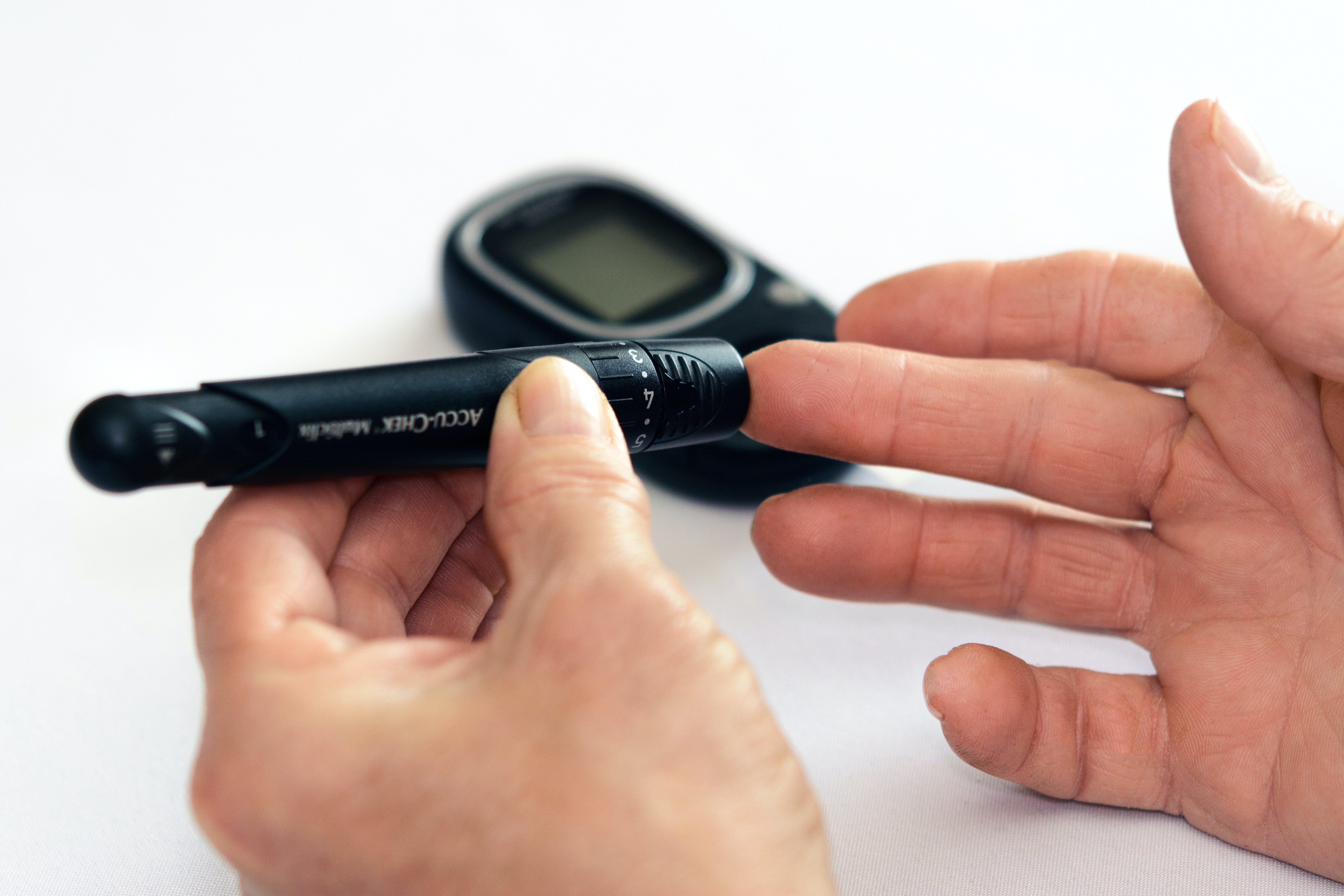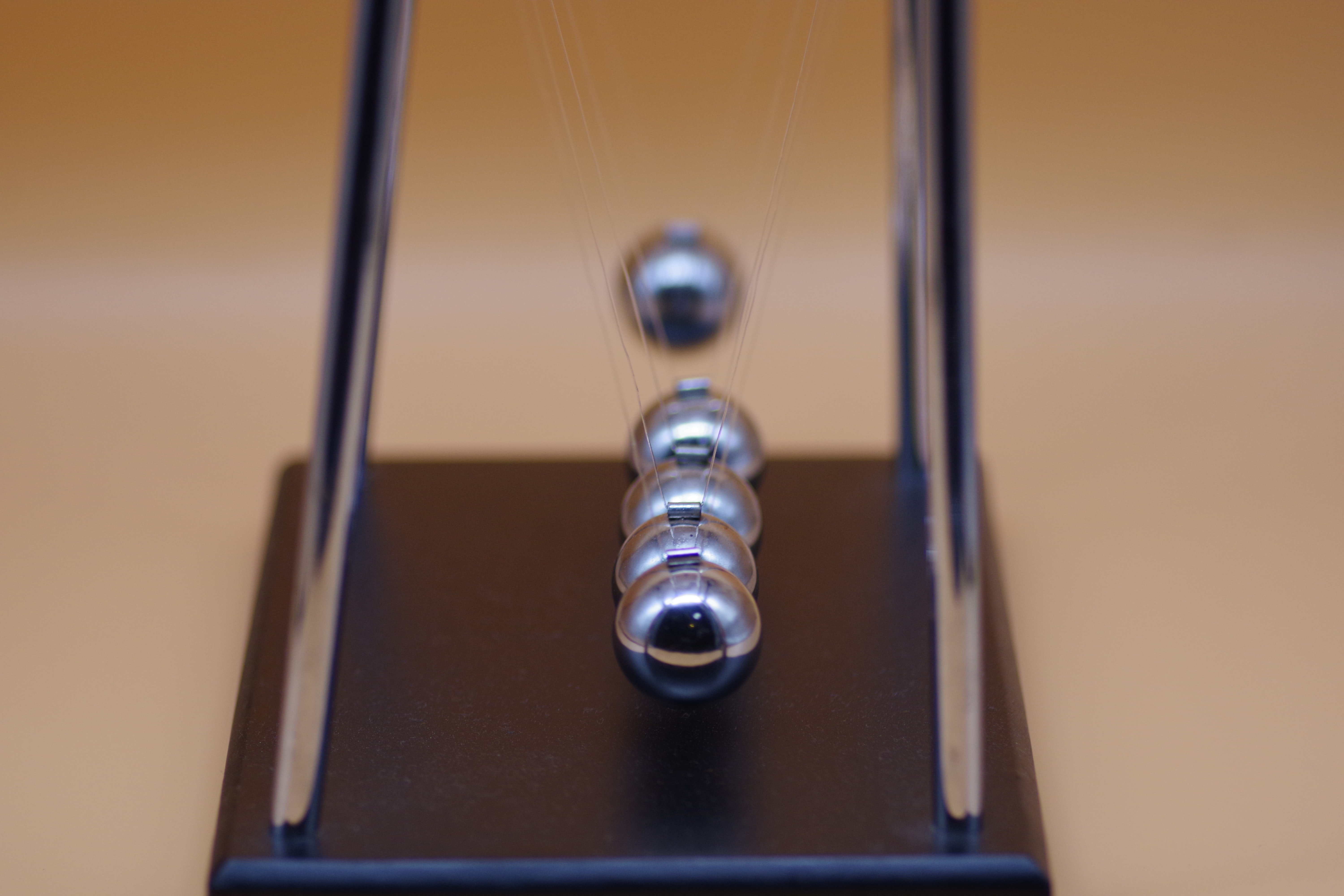How Do I Lower DHEA Levels Via 3 Beta HSD
Do you have questions about your DHEA levels? Are you wondering how do I lower DHEA levels. In this article we will go into more detail on things that can be done to lower your DHEA levels when they are high. In the last article we talked about the impact of cortisol and stress on high DHEA.
In this article, we look at the enzyme 3 beta-hydroxysteroid dehydrogenase (3 beta HSD), the things that influence this enzyme's function, and what you can do to get it to work better to lower your DHEA levels.
If you are interested in understanding how to lower your DHEA-s levels, keep reading.
How to Lower DHEA Levels
This article will look at how to Iower DHEA-s levels via 3 beta-hydroxysteroid dehydrogenase. The last article look at this through lowering cortisol and stress. The enzyme 3 beta-hydroxysteroid dehydrogenase is responsible for breaking down DHEA sulfate into other hormones. However, there are things that can affect it and cause it's activity to slow down. We will look at the things that can affect its activity and how to work more efficiently.
Before we jump into that, a quick reminder. The approach to lowering DHEA levels will depend on your particular system and the reason it is high to begin with. The body is a complex system with multiple layers of feedback inhibition. Understanding your particular system takes patience, diligence, and testing. It is also helpful to have help from someone with clinical experience. Keep this mind when as you look at different systems because this article my not address all the variables. Also we are referring to DHEA sulfate (DHEA-s) and this is different than DHEA when you get your blood tested.
Three 3 beta-hydroxysteroid dehydrogenase is responsible for creating a lot of different hormones. With regard to DHEA sulfate, it converts DHEA-s into andersteindione. It can also make a lot of other hormones like turning pregnenalone into progesterone and andersteindione into testosterone. This enzyme like many enzymes, requires a cofactor for it to work properly and efficiently. Co-factors are things that encourage reactions to occur. Similar to lighting a fire, you can light a fire a lot of different ways. If you have some sort of helper or accelerant like gasoline it will light a lot easier and quicker.

How to Lower DHEA Levels Insulin Resistance
NAD is the cofactor for three 3 beta-hydroxysteroid dehydrogenase. Oftentimes people with metabolic disorders like diabetes and pre-diabetes or simple insulin resistance will have lower NAD levels. It is a hallmark of insulin resistance. If you have one of these issues, then you know you can work on this to help lower your DHEA levels. When you have these issues the body has less NAD present and therefor less cofactor present. As a result, less of your DHEA is going to be converted into androstenedione and other downstream metabolites. What do you do if you are in this situation?
You can focus on improving your blood sugar to start. Remember though even if you have normal blood glucose levels or you don't think you have the insulin resistance, there are multiple ways that insulin resistance can present. There are also different ways to check for this. Just because you don't have elevated fasting blood sugar or high hemoglobin A1C does not mean you don't have insulin resistance. There are many different test and also different ways that the body will present insulin resistance. If you've done the basic testing like fasting insulin and hemoglobin A1C, you probably want to go a little bit deeper to double check. This way you can be sure that none of this is going on. This is especially true if you have symptoms of insulin resistance like carrying extra weight or fatty liver. Some tests to consider are two hour postprandial glucose, HDL to triglyceride ratio, fasting insulin etc. All these are different ways to look for insulin resistance.
Insulin resistance is a spectrum of disease progression with diabetes being the severe end and on the other side of the scale is mild insulin resistance As that insulin resistance gets worse you body needs more and more interventions to keep the blood sugar under control. The classic scenario is high insulin, high blood sugar, high A1C, high triglycerides but not everyone present that way. Sometimes you can have normal triglycerides and still have high insulin. Some cases may be very apparent other cases may not be.
The main thing to do about this is to get better blood sugar control, lower your insulin, and create more metabolic flexibility. This can be done by doing things like fasting and lowering your carbohydrate intake. This will quickly improve your overall NAD / NADH ratio. Sometimes people will say, " I'll just take an NAD supplement. There is some evidence suggesting that form may work. However if your overall metabolism is not where it should be, it's not really going to help that much. It's like a drop in the bucket for yoru total NAD /NADH pool. Plus the body is going to convert it into what it needs. So if you are supplementing with NAD, you should also make sure your overall metabolism is where it should be. This will ensure you get the most benefit out of it.
Affect of Some Foods On DHEA Levels
Another thing that can affect the enzyme activity is many of the constituents and soy products. These can decrease the activity of 3 beta-hydroxysteroid dehydrogenase. Collectively these constituents are referred to as soy isoflavones or phytoestrogens. Enzyme function studies show that many of these isoflavones like genistein decrease this enzyme activity. The more soy that's in your diet the more likely it's going to lower the enzyme activity. These studies were not actually done in live human subjects. They were enzyme function studies done in test tube. Still it's something to consider especially if you are on a plant-based diet and eating a lot of soy products.
Again there are many layers of feedback inhibition to promote this enzyme to work the way it should. There are also things that will inhibit it. You have to take all the information into consideration including cortisol and stress, your unique body and circumstances, your lab values, and put it together with your symptoms. With this you create the overall clinical picture. It is best that you do this in conjunction with a doctor that can ask the right questions and and look at this from different angles to help you understand why your DHEA levels are elevated to begin with. It is from this place you can proceed with the right treatment plan to lower your DHEA levels.
That should give you a better understanding of what could be going on with your body when you have high DHEA levels. This was part two in a three or four part series on how do I lower DHEA levels. If you have questions about the content in this article, please ask it in the comment section below.
If you want a customized plan on how to lower your DHEA levels click in the link below to get started.



















